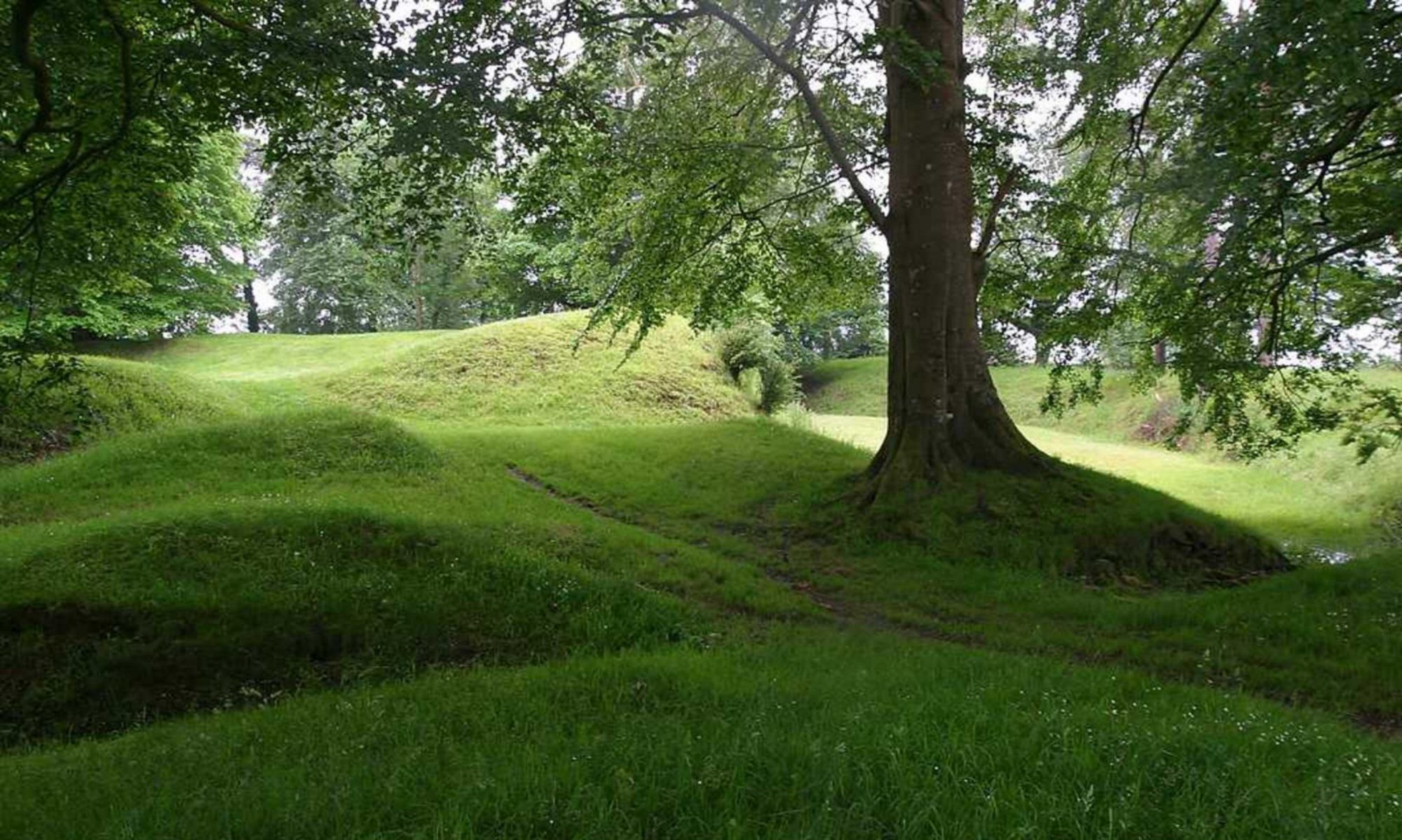It’s 5/5 in 2020. Some find meaning in numbers. I remember a modernist painting of the number 5, possibly referring to the five senses, the reality of being alive. And I can’t be the first to think of perfect vision when I hear 2020. My own own vision is far from it. I needed to wear glasses to get my driver’s license earlier today and wear other ones to see small print.
The driver’s license trip earlier today made me appreciate the normal. Most people dread going to the DMV and administrative delays and costs. But with all the lockdown, it was a relief to interact with people if only through masks and administrative small talk. And, hey, my driver’s license photo doesn’t look as bad as my passport one. Simple blessings.
Working through a manuscript update for my book. There weren’t mistakes in the first version that would warrant refunding buyers. Anyone interested enough to buy it should be able to recognize a few typos. But we are trying to fine-tune it. I think Hemingway said something like writing is an endless learning experience in which we are all apprentices.
An update: the full quote is: “we are all apprentices in a craft where no one ever becomes a master.” It’s from a work called “The Wild Years,” which admittedly I haven’t read.
